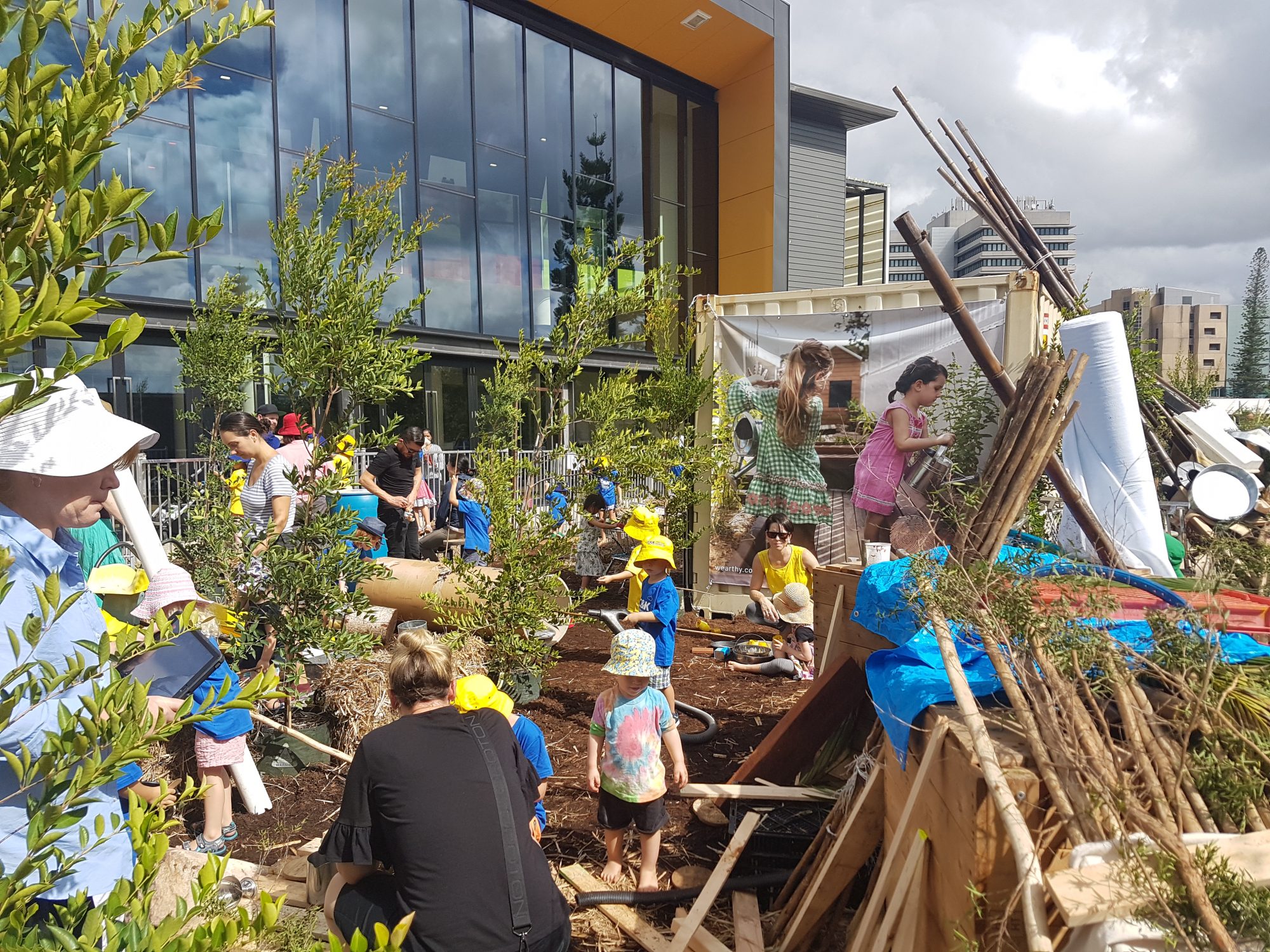The below can be attributed to Lukas Ritson, Play Expert and Founder of Wearthy
As it feels like the world is falling apart, I ask you one really important question – how are you helping your children build the resilience they need to be happy?
Throughout the uncertainties of the pandemic, images of war, as well as recent natural disasters, it is not uncommon for children to see and/or experience discomfort and stress.
So, I am calling on my fellow parents and carers to consider the importance of prioritising our children’s mental health. And I propose that this is best served through play. Here’s why…
Play is vital for children’s health and wellbeing as it is their first introduction to developing mindfulness, emotional capacities, thinking skills and resilience.
As a creator of outdoor learning spaces and an advocate of play, I believe that play can facilitate a sense of belonging, strength and resilience in children. All crucial elements to creating a generation of adults who can confidently overcome challenges, create self-fulfilment, and in turn, be better equipped to tackle their mental health. We have a responsibility, particularly through these challenging times, to celebrate what play has to offer – the enjoyment of creativity, independence, learning and growing – so that our next generation is well-equipped for what life throws at them.
A few examples of play that can support in creating a happier and healthier generation of children:
It Starts with Imagination:
You can’t problem-solve without imagination, and play is where children develop that muscle, the muscle of limitless opportunity. This comes down to creating an opportunity for open-ended play where children can use their minds to take them on a journey. Think for example, the difference between a child playing on a seesaw, where there is only one way to play, versus a cardboard box, which could be a rocket ship, car, castle or any possibility they can imagine.
Learning Limits and Taking Risks:
Helping children manage setbacks is a powerful way we can facilitate resilience and determination. Supporting them in embracing failure helps overcome future emotional challenges. It is also within play that we can see how children learn when to ask for help, and how they develop the confidence to set goals. Risky play can be implemented through encouraging your child to climb higher, to challenge themselves, to step out of their comfort zone and receive the dopamine reward for achieving their goal.
Outdoor Play:
The ability to explore and connect with nature instils vital lifelong skills such as resiliency, assertiveness and respect but, importantly, it’s also good for the soul (and therefore, the mind). It’s not just the play element, but the nature element which is critical for our children’s body, and how it activates the physiology and fosters mental wellbeing. Nature stimulates connection and activates all of our senses, which builds neural pathways and nerve connections. Nature is fuel for mindfulness; it’s a space where children can feel a part of something beyond themselves and teaches them to be aware of what’s around them and how they feel in the moment – ultimately, developing the skills to effectively process emotions.
These are just a few ways that are crucial to combating Australia’s mental health concerns within children and can help streamline into creating a generation of adults who are more empathetic, resilient, and happy.









